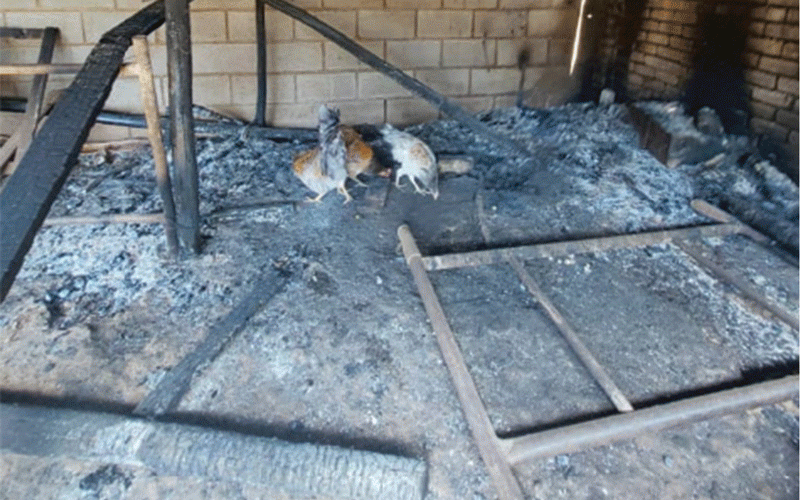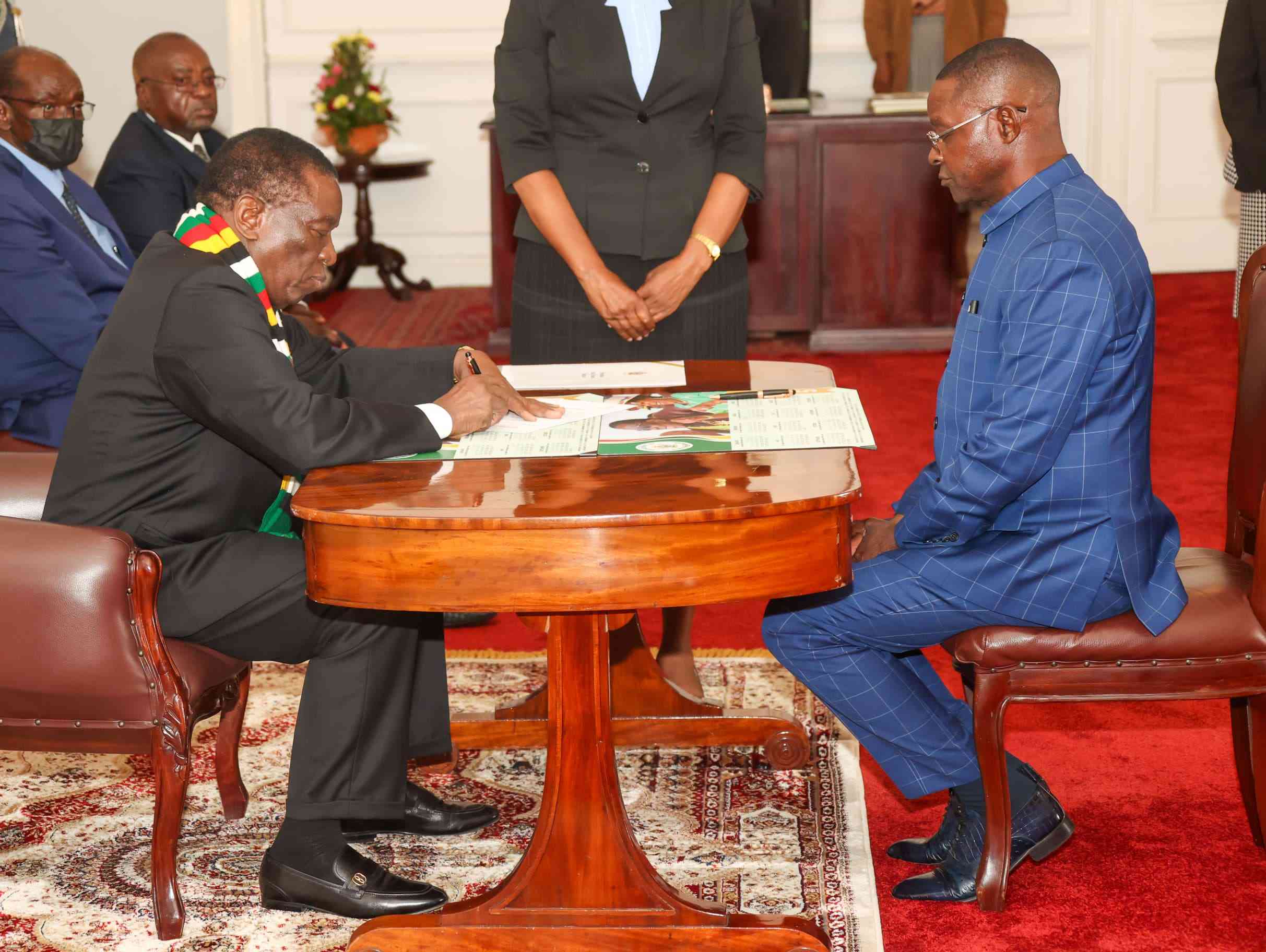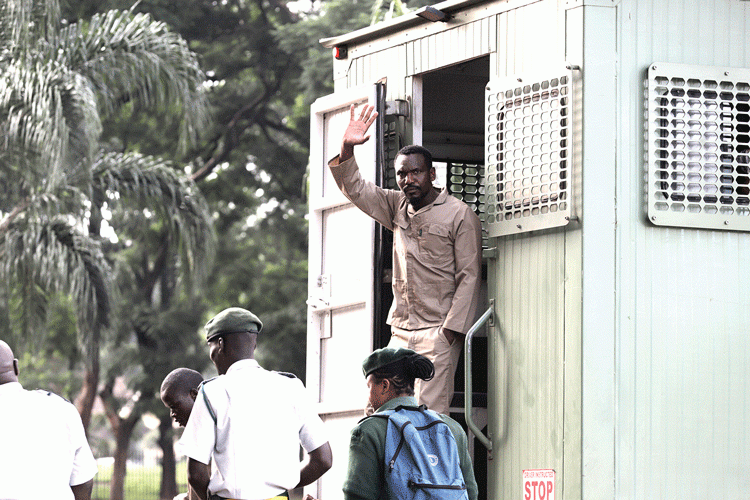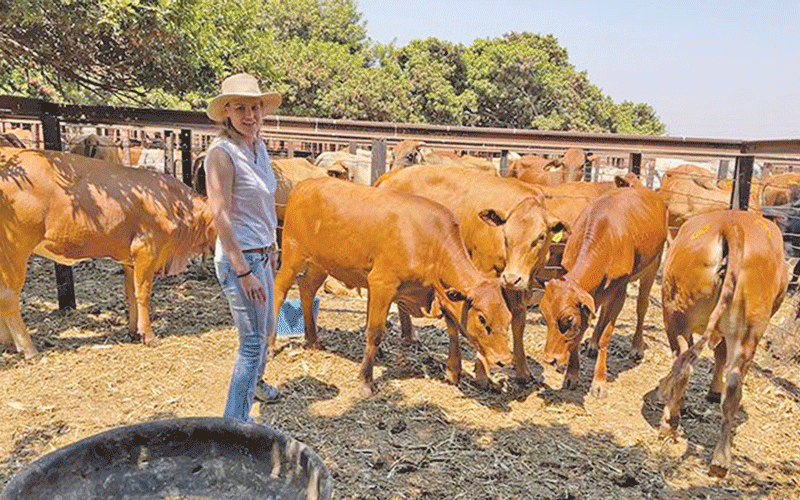VILLAGERS in various parts of the country have accused Zanu PF bigwigs of hijacking the presidential inputs programme through looting and nepotism.
Government says it has mobilised over 360 000 tonnes of agricultural inputs, which include seed and fertiliser, to support smallholder farmers under the Climate-Proofed Presidential Input Scheme (Pfumvudza/Intwasa).
However, distribution of the inputs to the targeted 3,5 million beneficiaries, which commenced on April 18 in Mt Darwin, Mashonaland Central, has been marred by accusations of looting and nepotism.
Villagers under Chief Mudzimu in Magunje constituency, Mashonaland West province, accused traditional leaders and Zanu PF councillors of denying known opposition members access to the inputs.
“The Chief (Mudzimu) has made it clear that no opposition member should get the inputs. The village heads in Mahwada, Kapfunde and Dzimaihwe have been ordered to provide their lists without opposition members,” one of the villagers said.
Chief Mudzimu was not picking calls to his mobile phone number despite repeated efforts to contact him for comment.
Keep Reading
- Corruption Watch: Get scared, 2023 is coming
- Corruption Watch: Get scared, 2023 is coming
- Letters: Ensuring Africa’s food security through availability of quality seeds
- Is military's involvement in politics compatible with democracy?
Elsewhere in Masvingo province’s Gutu district, Zanu PF district co-ordinating committee vice-chairperson Fabios Musara said the party had taken over the distribution of the inputs.
“It’s from our President (Emmerson Mnangagwa), so naturally as a local party leader, I am involved. I know our people who deserve the inputs,” he said.
Last week, acting Chief Nyamandi, born Siyano Machaya, touched off a storm after directing village heads to deny opposition supporters presidential agricultural inputs and food aid from government.
According to weather experts, this year’s cropping season will likely be affected by the El Niño weather phenomenon, which typically leads to delayed and below-normal rainfall.
Government is targeting cereal production of 3 512 658 tonnes — 2,8 million tonnes of maize and 712 658 tonnes of traditional grains and oil seeds — enough to meet the country’s human consumption needs.
Zimbabwe requires about 2,2 million tonnes of grains annually.





